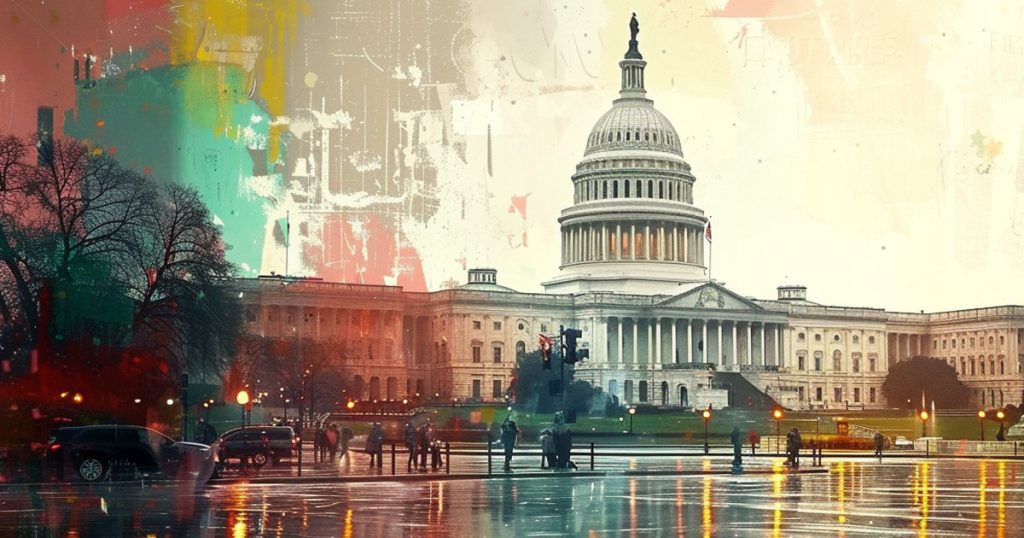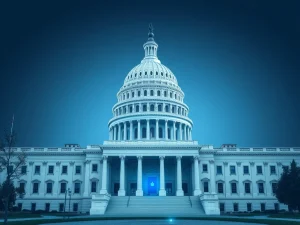US House passes act to add crypto industry to team combatting terrorism financing

The United States House of Representatives has unanimously passed the Financial Technology Protection Act, which aims to curb the use of digital for illicit activities and terrorism financing.
Representative Zach Nunn introduced the bill on April 27, 2023, and it was approved on July 22, 2024.
The bill
The bill aims to establish a governmental working group composed of key federal agencies and private sector experts. This group will focus solely on combating terrorism and illicit financing on digital platforms.
The proposed group will operate under the Treasury Department and include experts from US law enforcement and the private sector. It will feature five crypto industry leaders from financial technology or blockchain intelligence companies.
Rep. Nunn emphasized the bill’s importance in protecting Americans while ensuring access to digital assets. He said:
“This bipartisan bill will help ensure the United States is prepared to address security risks and prevent illicit money laundering while also protecting consumer choice for all Americans. We must do both simultaneously to ensure the long-term integrity of digital assets.”
Interestingly, Senators Kirsten Gillibrand (NY) and Ted Budd (NC) introduced a similar bill in the Senate. However, it has not received the same level of attention from the Senate.
US lawmakers increasingly pro-crypto
The bill’s passage reflects growing support among US lawmakers for crypto regulations, marked by the recent approval of the Financial Innovation and Technology for the 21st Century Act (FIT21).
Additionally, lawmakers attempted to overturn the SEC’s Special Accounting Bulletin (SAB) 121 advisory with a resolution. However, President Joe Biden vetoed this resolution, and efforts to repeal the veto were unsuccessful.
Market observers note that these actions highlight the bipartisan support crypto has gathered in Congress, primarily as the 2024 elections draw nearer.










